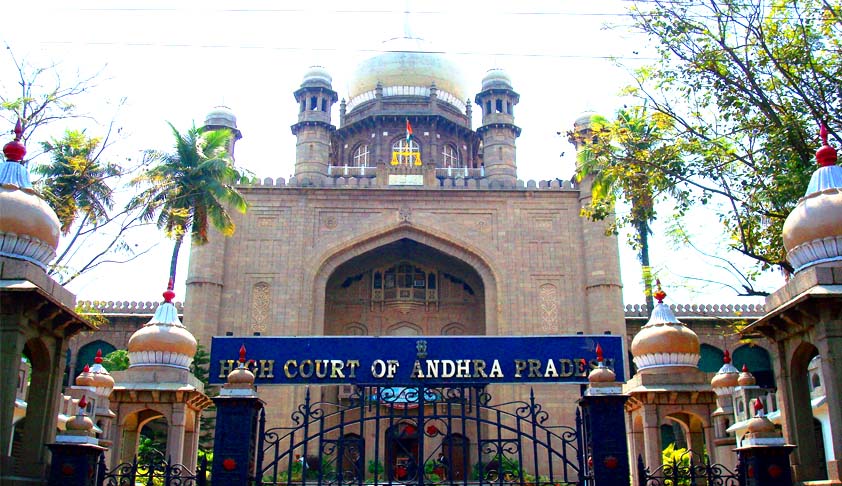Prez Assent Must To Register Police Complaint Against Sitting HC Judges: Andhra Pradesh HC
Ashok KM
26 Nov 2016 1:07 PM IST

Next Story
26 Nov 2016 1:07 PM IST
Sanction of the President of India, after consultation with the Chief Justice of India, is a pre-requisite even for registration of complaints, the Bench observed.The High Court of Judicature at Hyderabad in K.Veera Raghava Reddy vs. State Of Telangana, has held that no complaint, under Section 154 of Code of Criminal Procedure, can be registered against a sitting high court judge even...
